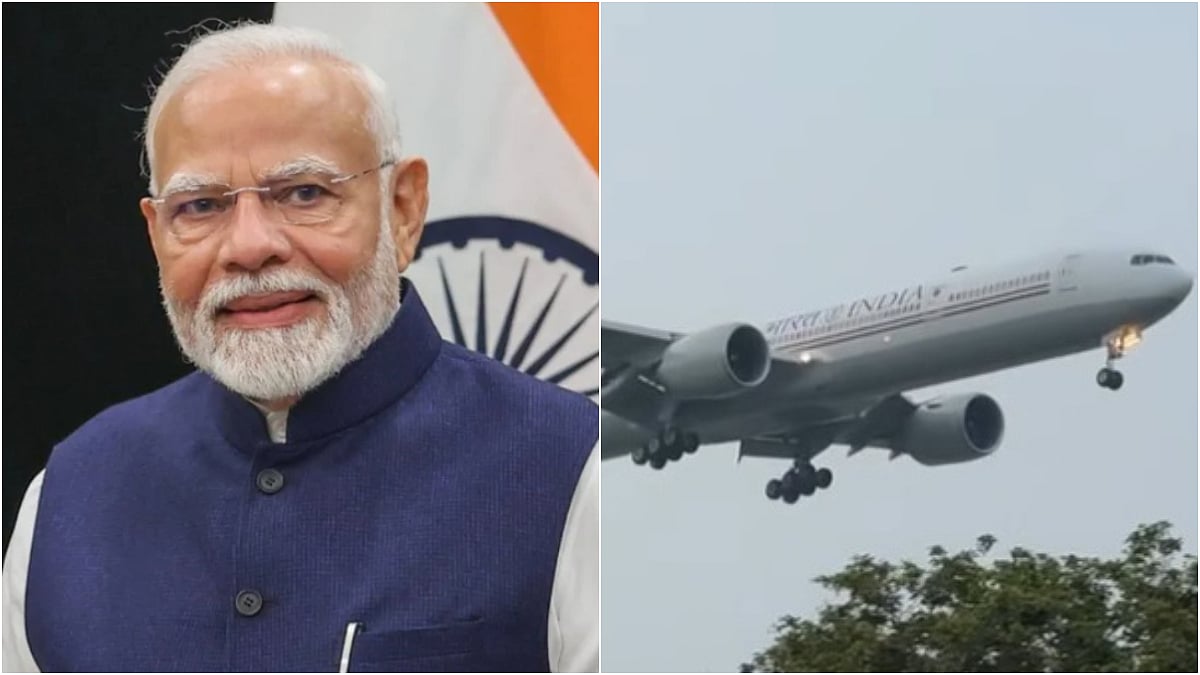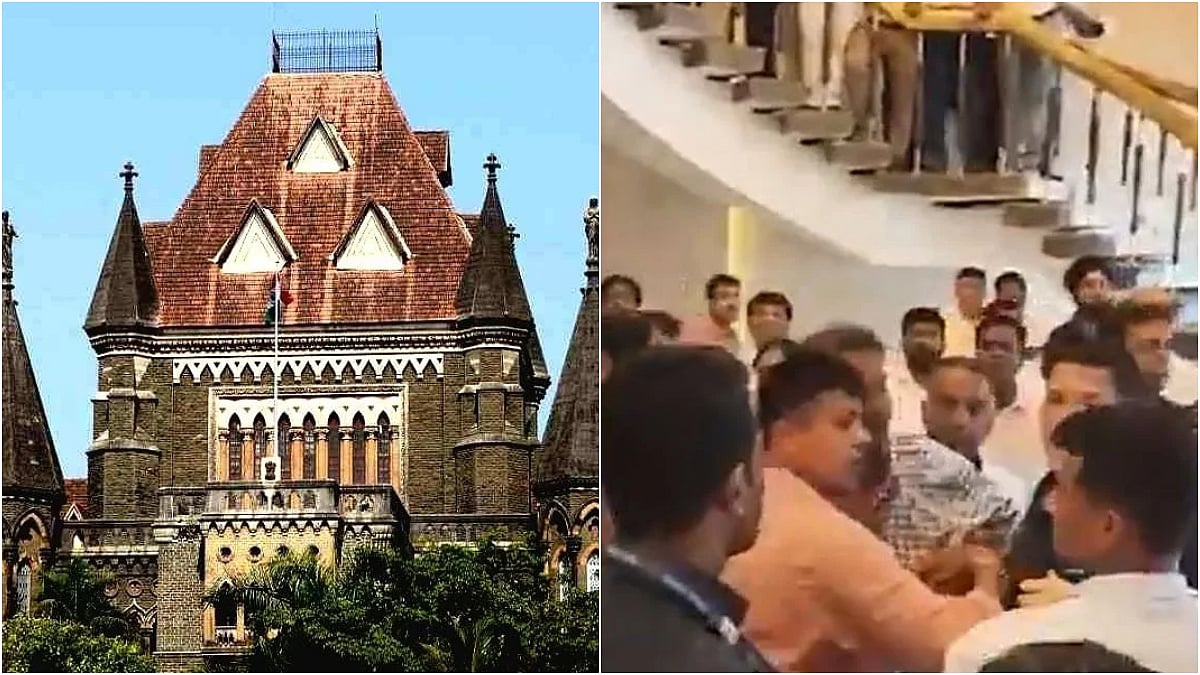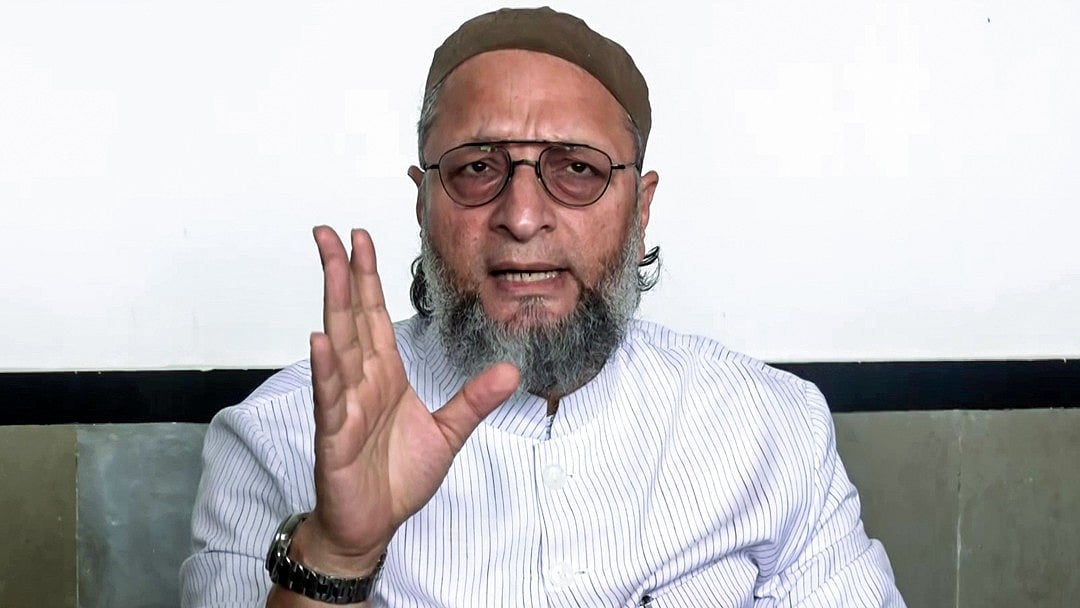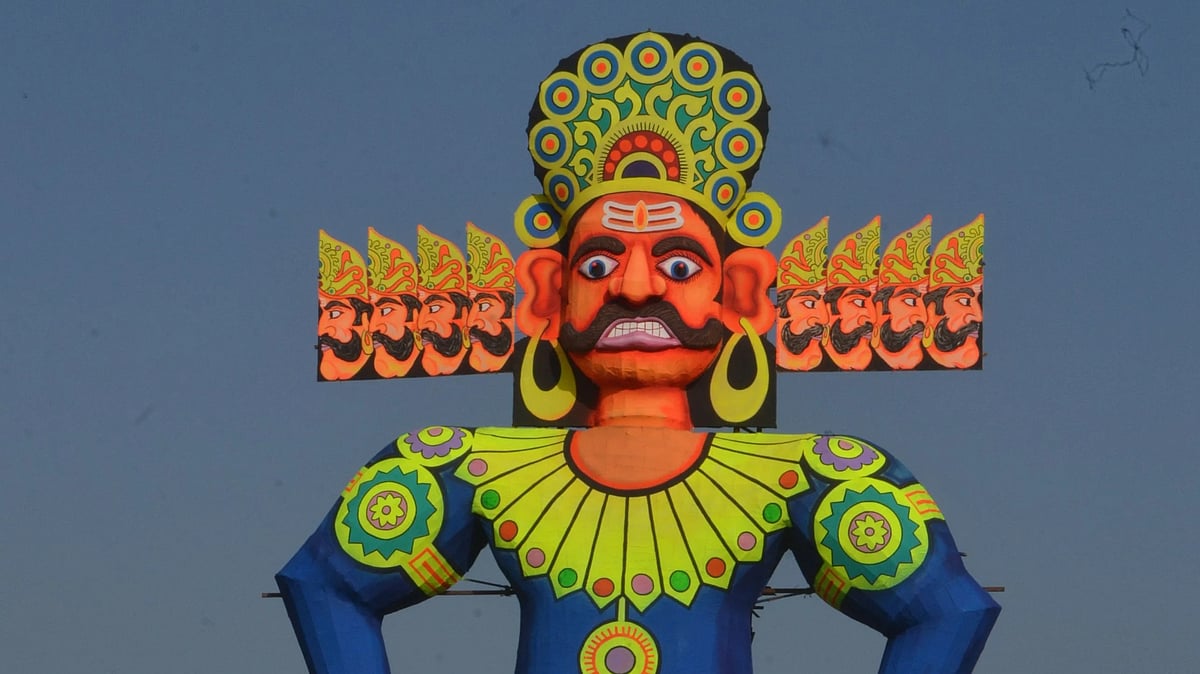Such is the psyche of the Indian people that politics and religion are deeply intertwined. The Indian subcontinent is the cradle of world religions such as Hinduism and Buddhism, and other religions such as Sikhism and Jainism. It is the land where Sufism has flourished; where Islam expanded under Muslim rulers even as the subcontinent remained 80% Hindu. India has had warm, ancient ties with Judaism and Christianity — so much so that a BBC documentary captures the strong belief that the Rozabal Shrine in Srinagar is in fact the tomb of Jesus of Nazareth.
Religion, sadly, divides people, and on the flip side, the incendiary mix of politics and religion was fuelled sadistically by the British Raj in the two decades before Independence. It led to the horrific Partition violence, the massacre of Hindus, Muslims and Sikhs and the birth of Pakistan — a nation in the throes of an existential and financial crisis 75 years after Independence.
Such were the inflamed passions during Partition that it saw the assassination of Mahatma Gandhi, ironically an apostle of peace and non-violence, on the evening of January 30, 1948. Gandhi was walking towards his evening prayer meeting at Birla House, New Delhi, when he was shot dead by the Hindu fanatic, Nathuram Godse.
Incidentally, Gandhi did not die with the words “Hé Ram” on his lips as is the popular myth. However, this story gained quick currency because Gandhiji was deeply religious; he was headed for his prayer meeting and the fact that Lord Ram has the most beloved persona in Indian mythology.
Lord Ram is the foremost among the Gods worshipped in India — almost all Hindus have grown up hearing stories of Ram’s greatness, his devotion to his parents, his deep love for his brothers, and his wife Sita (in spite of the washerman episode), his popularity with his subjects and his leadership as an ideal king. All of which translates into a single phrase, ‘Ram Rajya’ — the rule of Ram — an ideal to follow.
One could argue that it was this ideal that the then Prime Minister Atal Bihari Vajpayee was invoking, when, in the aftermath of the 2002 Gujarat riots, he advised the then Chief Minister of Gujarat, Narendra Modi, to follow ‘Raj Dharma’ and bring the anti-Muslim riots under control.
In September 1990, it was the then BJP President LK Advani's Ram Rath Yatra from Somnath to Ayodhya, to demand a Ram Temple at Ayodhya, which whipped up religious sentiments across the country and paved the way for the BJP’s rise to power. Two years later, on December 6, 1992, it led to the tragic demolition of the Babri Masjid — the disputed mosque on land revered as Ram Janmabhoomi, the birthplace of Lord Ram. This demolition saw widespread communal violence and deaths, the Bombay riots of December, 1992 followed by the 1993 Mumbai bomb blasts which killed 257 people and injured 1,400.
On November 9, 2019, a five-member Supreme Court bench headed by the Chief Justice of India Justice Ranjan Gogoi delivered the final judgement in the mandir-masjid dispute ordering 2.77 acres to be handed over for the construction of the Ram Janmabhoomi temple and an alternate 5 acres land to the Sunni Central Waqf Board for the construction of a mosque as a replacement for the demolished Babri Masjid.
It is the collective failure of all of us Indians — Hindus and Muslims — and primarily politicians from both the communities, that we could not resolve the mandir-masjid dispute amicably. It is the failure of our politicians and leaders that they could not come up with a vision for a united India and a win-win solution respecting the religious sentiments of all concerned. A number of possibilities existed and pursuing one of them would have been a real Vishwa Guru moment for India, applauded by the world community.
Alas, India missed that grand opportunity and the Ram Mandir continues to be at the centre of polarising politics in the run-up to the 2024 general elections. The latest, half-witted controversy in Indian politics centres around who has been invited — and not invited — to attend the January 22 inauguration of the Ram temple. The unwatchable news television channels are running ludicrous debates around this question and will be spending hundreds of hours on the build-up to the inauguration. Nothing seems to be more important for these TV journalists and celebrity anchors than this temple and its inauguration. Attending or not attending the temple inauguration has been reduced to a test of one’s patriotism.
Lord Ram’s vision of a Ram Rajya and Raj Dharma where all voices are accommodated has been set aside, turning the temple inauguration into a mega event of a political party.
Would Mahatma Gandhi have attended this inauguration? Or would he have paid obeisance to Lord Ram in his own distinct way, on some other day?
The author is a journalist and works for a policy research think tank. He tweets at @abhay_vaidya










